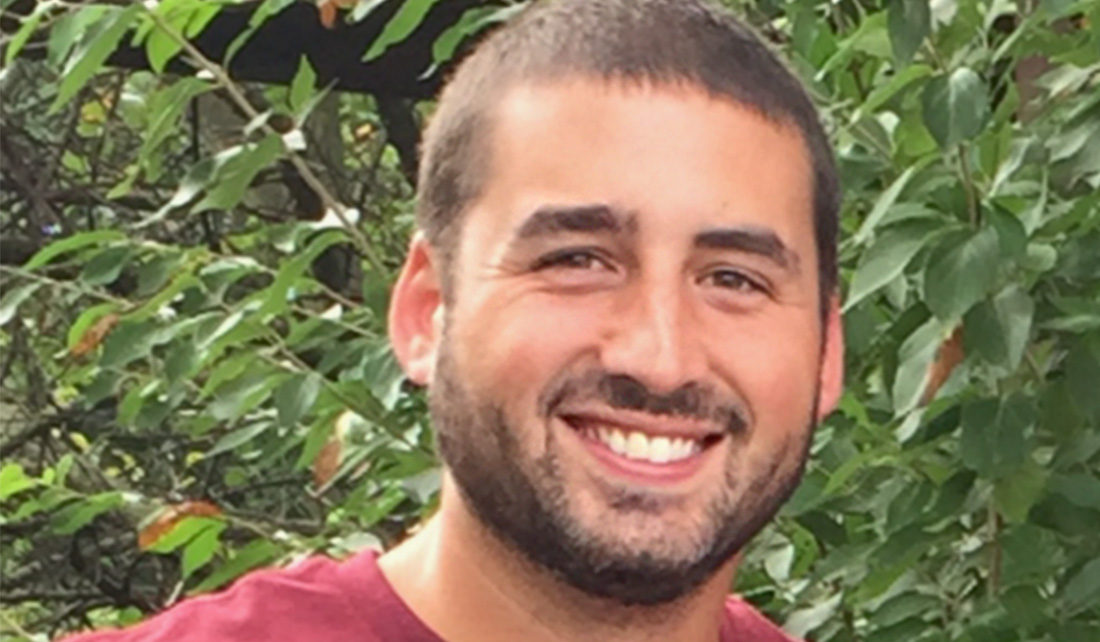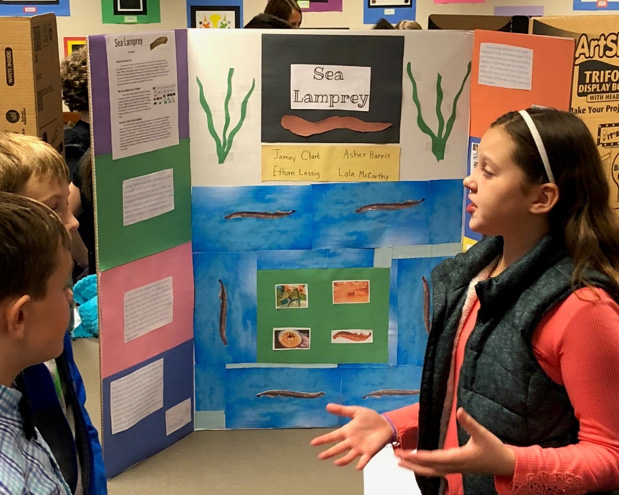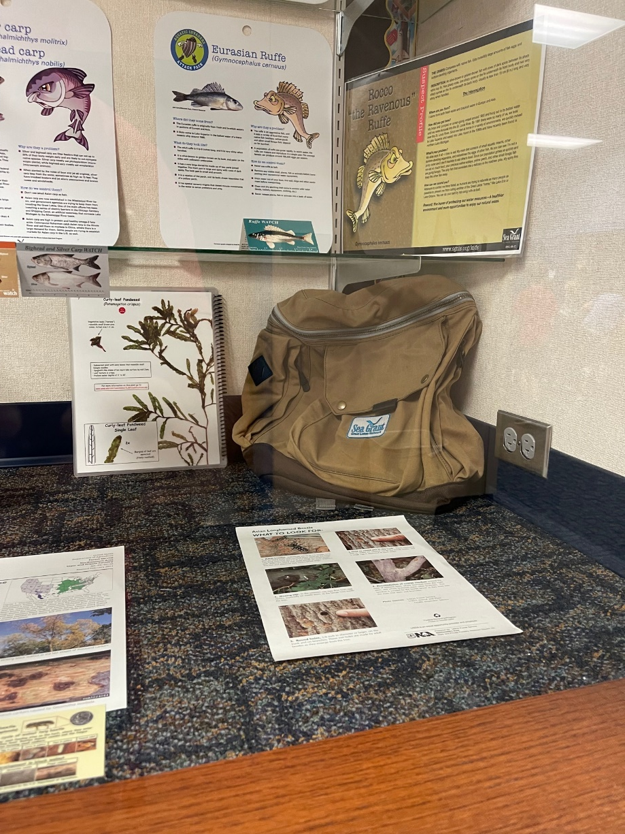
Organization: Clay Middle School
Grade: 6th
Subject: Science
Why do you think it’s important to infuse Great Lakes topics in education?
Invasive species pose a threat to our ecosystems, and our Great Lakes. My students are gaining an understanding of the fragility of those species we love to find in the Great Lakes and also how dangerous new invasive species would be if introduced to the Great Lakes.
Describe one of your favorite classroom experiences or activities associated with the Great Lakes.
“Everywhere we look, there are species damaging our natural ecosystems both now, and as we look into the future.” Sixth grade science students at Clay Middle School were tasked with coming up with creative solutions for solving these ecological problems. Students presented to members of the local scientific community who are on the front lines of Indiana’s invasive species problems. Members of this professional audience included scientists from the following institutions: Indiana Department of Natural Resources, Purdue University, Illinois-Indiana Sea Grant, Carmel Clay Parks and Recreation, Indiana Department of Transportation, Southern Indiana Cooperative Invasives Management, Hamilton County Invasives Partnership, Hamilton Soil and Water Conservation District, and USDA National Resources Conservation Service.

Students speak about sea lamprey problems and solutions at a student-led Invasive Species Symposium at Clay Middle School. (Photo provided by Steve Sturgis)
What teaching methods do you use to engage students in Great Lakes activities?

Sea Grant’s Attack Pack resources are a Center for Great Lakes Literacy classroom supplement to invasive species Project Based Learning. (Photo provided by Steve Sturgis)
Project Based Learning or PBL. Creating projects centered around solving real problems creates a natural opportunity for students to learn curriculum in a more meaningful and engaging environment for learning.
How have you involved scientists in your teaching?
At the end of our PBL study “Invasive Species, Can They Be Stopped?” students present their unique solutions to the invasive species problem to a professional panel that consists of members of agencies that work directly with invasive species in the local community.
Student Reflections on Great Lakes stewardship
“I had no idea how many invasive species Indiana had wrecking ecosystems. This project was a fun way to learn about a species and come up with a clever way that scientists could maybe use someday to stop these invaders.” – Student at Clay Middle School
Illinois-Indiana Sea Grant is a part of University of Illinois Extension and Purdue Extension.
Contact: Steve Sturgis, ssturgis@ccs.k12.in.us
Education and Student Engagement Coordinator: Terri Hallesy
Center for Great Lakes Literacy: https://www.cgll.org/teacherfeature/steve-sturgis/

